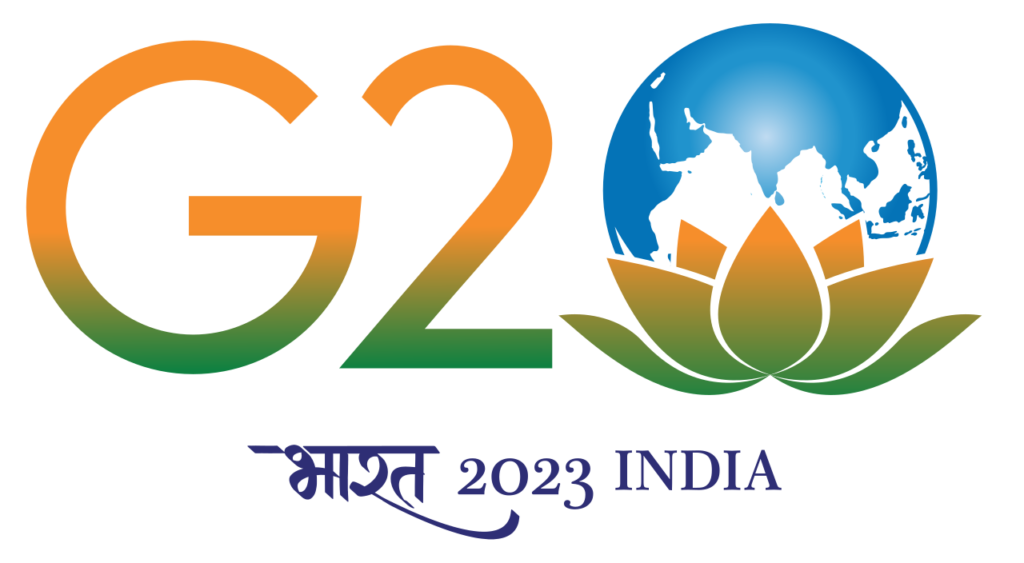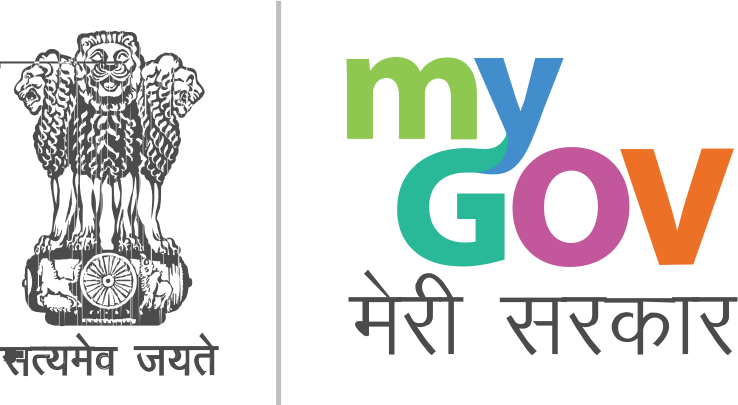Public administration is the field of study and practice that deals with how government policies and programs are designed, implemented, and evaluated. While the government decides the direction through policies and laws, it’s public administration that puts those decisions into action.
Public administration plays a crucial role in the formulation and implementation of public policy. It involves analyzing societal needs, identifying problems, and developing strategies to address them. Public administrators work closely with policymakers to formulate policies that serve the best interests of the public.
They are responsible for conducting research, analyzing data, and providing recommendations to policymakers, ensuring that policies are evidence-based and aligned with public priorities.
Human resource management is another critical component of public administration. It involves the recruitment, training, and development of public sector employees. Public administrators are responsible for building a skilled and motivated workforce capable of delivering quality public services.
They oversee performance evaluations, implement training programs, and ensure compliance with labor laws and regulations. Effective human resource management is vital to maintaining a competent and dedicated public service.
Another component of public administration is research and development. Public administration continuously evolves to adapt to changing societal needs and technological advancements. This necessitates research and development initiatives to explore new methods, policies, and technologies that improve service delivery and enhance public value.
Public service delivery is at the heart of public administration. Public administrators are responsible for ensuring that public services are delivered efficiently and effectively to the citizens. This includes areas such as healthcare, education, transportation, and public safety.
They work to improve service delivery through strategic planning, process improvement, and the use of technology. By focusing on service quality, accessibility, and responsiveness, public administrators aim to enhance the overall well-being of the public.
Public Administration Theories:
Public administration theories can be classified into three main types: classical, new, and postmodern.
Classical Public Administration Theory is often associated with Woodrow Wilson and Max Weber. Wilson, known as “The Father of Public Administration” in the United States, argued that a bureaucracy should be managed similarly to a business. He advocated for professionalization, a non-political system, and merit-based promotions.
New Public Management Theory emerged in the 1980s as a critique of the classical approach. It argued that public administration should operate more like private businesses, emphasizing efficiency, cost-effectiveness, and competitive markets.
Imagine introducing market forces into public service delivery to promote optimization and efficiency. This theory advocated for performance measurement, decentralization, and outsourcing of certain services.
Postmodern public administration theories are based on the concepts of discourse, power, and identity. They emphasize the importance of diversity, democracy, ethics, and participation in public administration.
Some of the key figures of postmodern public administration theories are Michel Foucault, Richard Rorty, Charles Taylor, and Mark Moore. Postmodern public administration theories focus on the social and cultural aspects of administration, such as language, meaning, values, and narratives.
Public Administration Theories form the backbone of effective governance, guiding principles from bureaucracy to New Public Management. The practical implementation of these theories is evident in initiatives like Jan Seva Kendra and CSC registration, utilizing platforms such as Sahaj.
Conclusion – As we all know, these initiatives exemplify the translation of theoretical frameworks into tangible, citizen-centric services, demonstrating the evolving landscape of public administration. As Jan Seva Kendra and CSC registration embrace Sahaj for streamlined operations, the synergy between theory and application becomes apparent, emphasizing the ongoing relevance of these theories in shaping modern, responsive, and efficient public administration.


